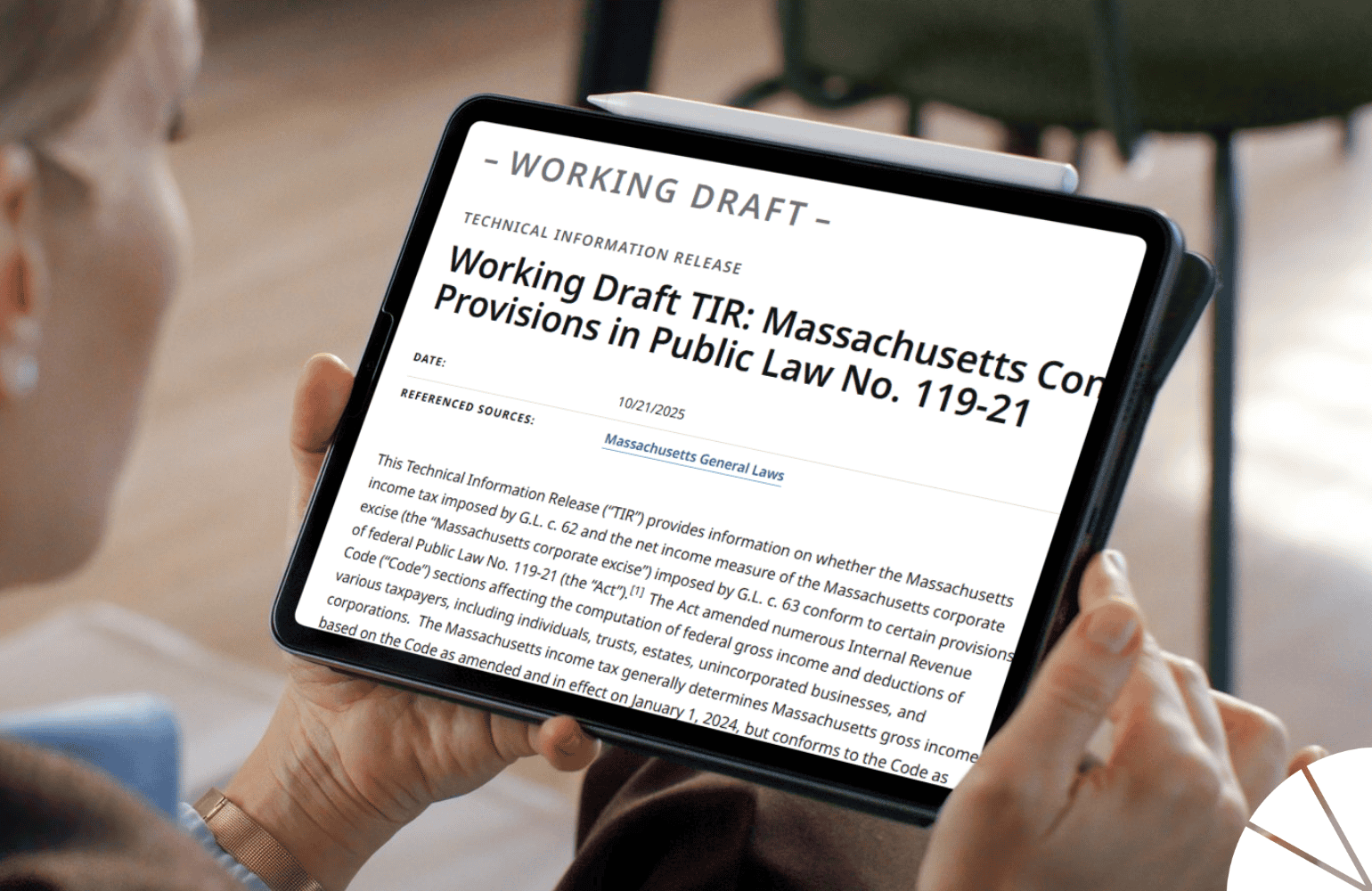Authored by RSM US LLP
Retail sales in May offered a muddled picture of consumer behavior, suggesting that while American households remain in decent shape, their appetite for spending is showing signs of fatigue amid growing trade uncertainty.
Overall sales at retail stores and restaurants fell by a sharp 0.9%, led by declines in purchases of motor vehicles, gasoline and food services—the largest monthly drop since January.
While falling prices helped explain part of the decline, the data also reflects a pull-forward effect, as consumers made purchases ahead of newly imposed tariffs.

Still, the so-called control group—which strips out autos, gasoline, building materials and food services and feeds directly into calculations of gross domestic product—came in stronger than expected, rising by 0.4%.
That suggests that after smoothing out volatility, underlying goods spending remained solid. One possible reason: With consumers spending less on gas and cars during the month, they may have redirected funds toward other categories.
But a recent surge in oil prices could emerge as a new headwind, potentially restraining future consumer spending.
Will Tuesday’s data persuade the Fed to lower its policy rate at its meeting this week? We don’t think so. The Fed will need a lot more clarity to pivot at the moment.
The recent data on inflation and spending might nudge officials to deliver slightly more upbeat projections in its next Summary of Economic Projections. But that does not mean the central bank is ready to cut interest rates anytime soon.
In our view, the economic data over the past two months may be sending a false positive about the overall health of the economy—particularly regarding inflation.
As uncertainty builds, it’s essential to avoid overreacting to any single batch of short-term data.
Contact your advisor with any questions about this article.
This article was written by Tuan Nguyen and originally appeared on 2025-06-17. Reprinted with permission from RSM US LLP.
© 2024 RSM US LLP. All rights reserved. https://realeconomy.rsmus.com/retail-sales-send-mixed-signals-amid-trade-uncertainty/
RSM US LLP is a limited liability partnership and the U.S. member firm of RSM International, a global network of independent assurance, tax and consulting firms. The member firms of RSM International collaborate to provide services to global clients, but are separate and distinct legal entities that cannot obligate each other. Each member firm is responsible only for its own acts and omissions, and not those of any other party. Visit rsmus.com/about for more information regarding RSM US LLP and RSM International.





